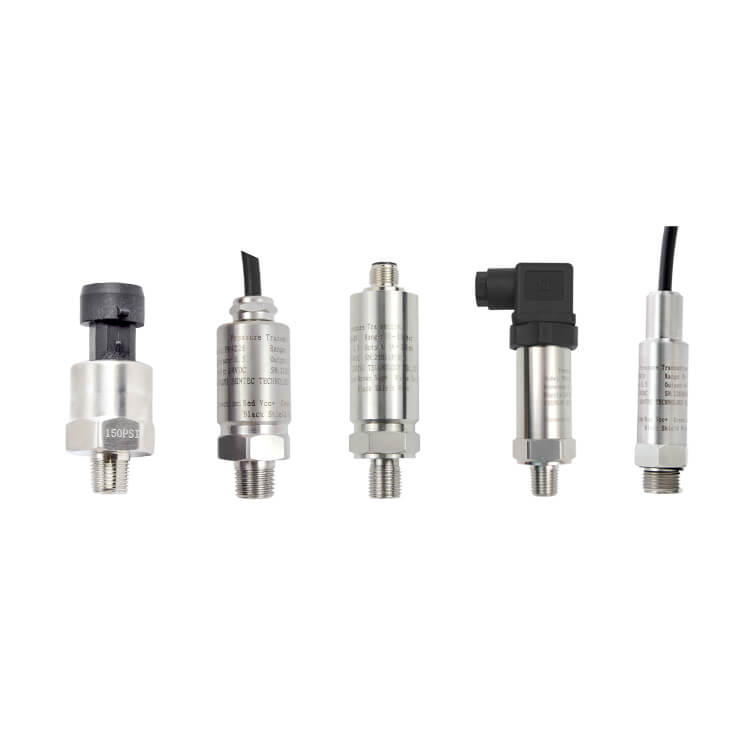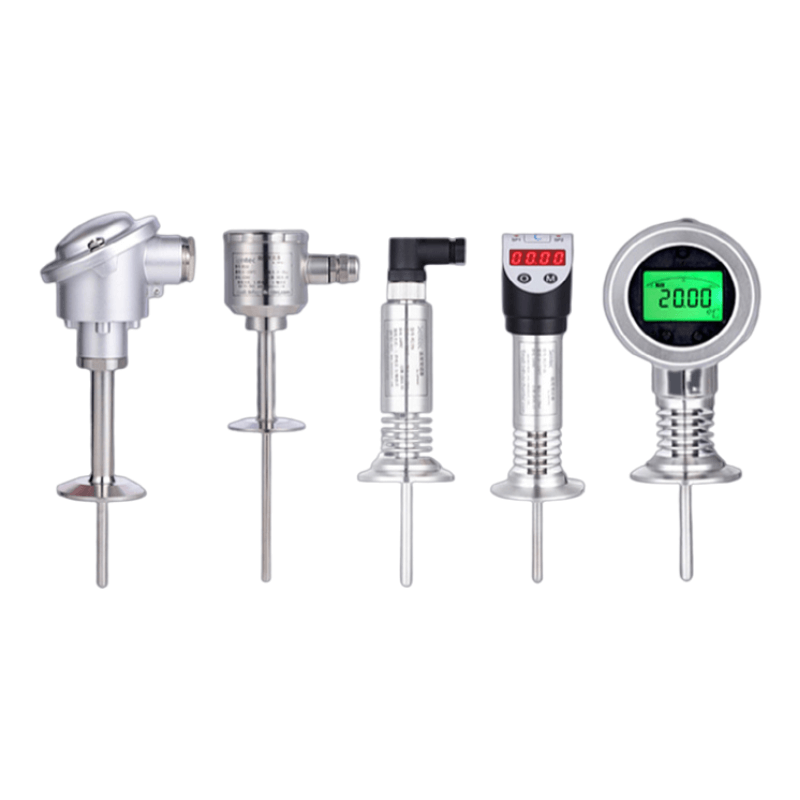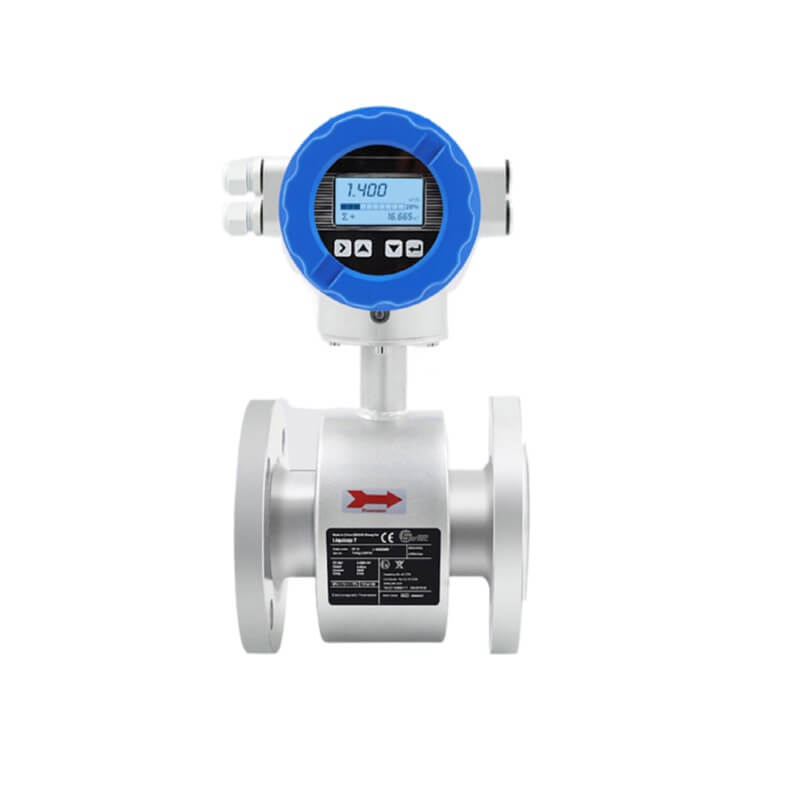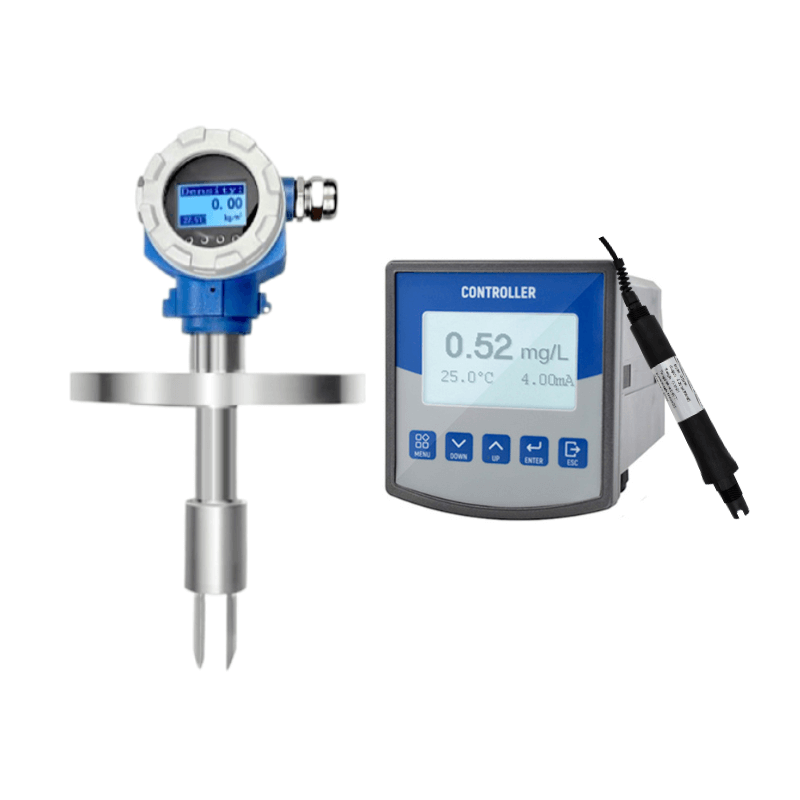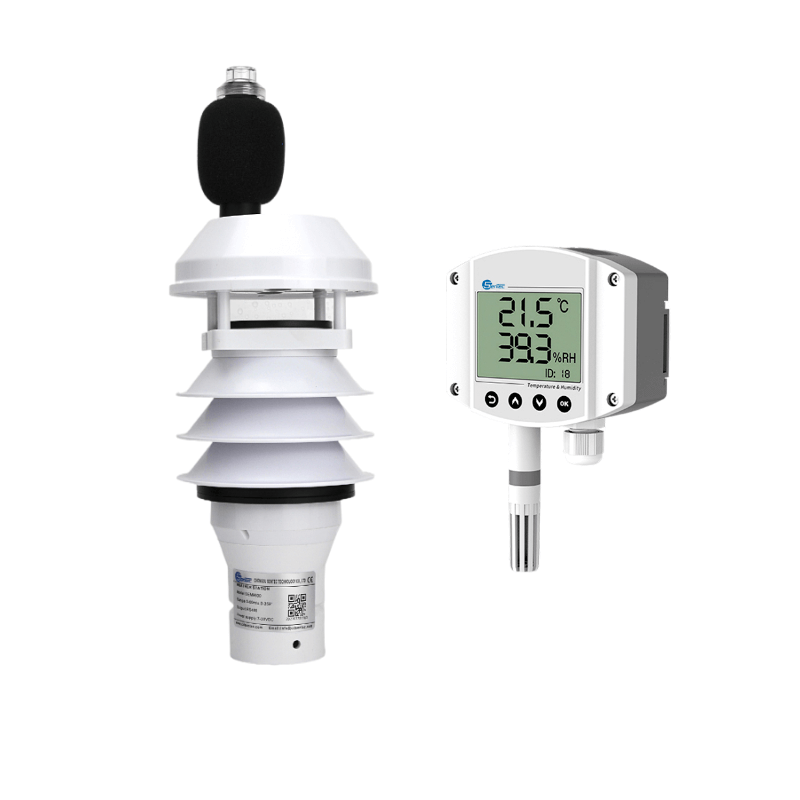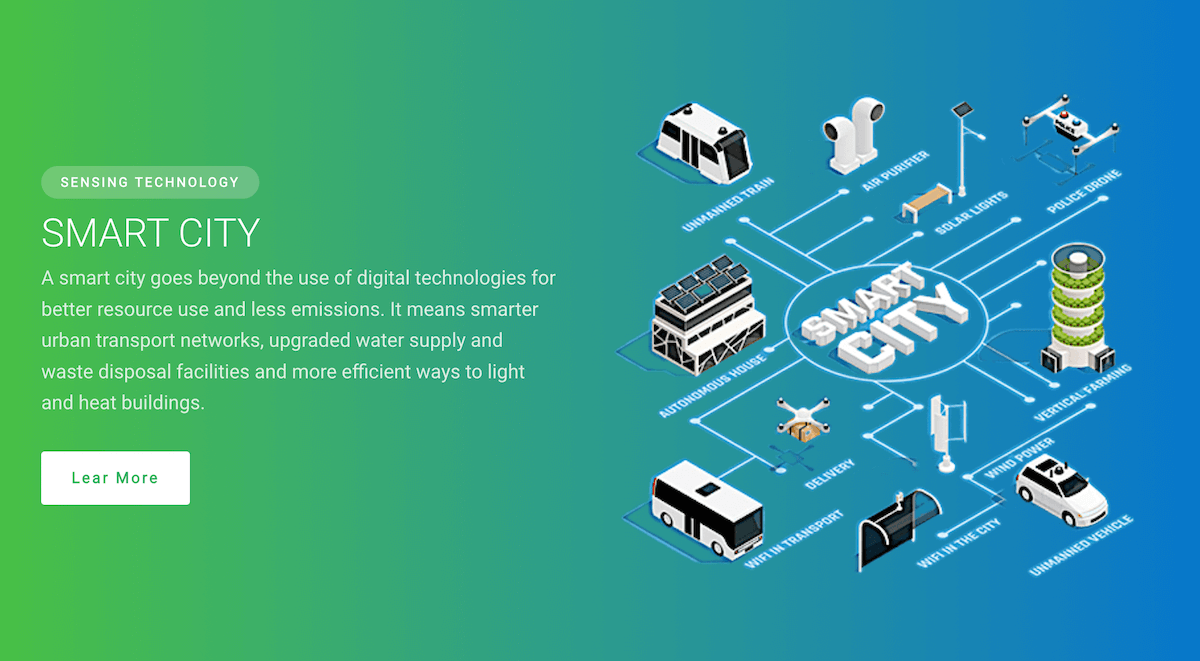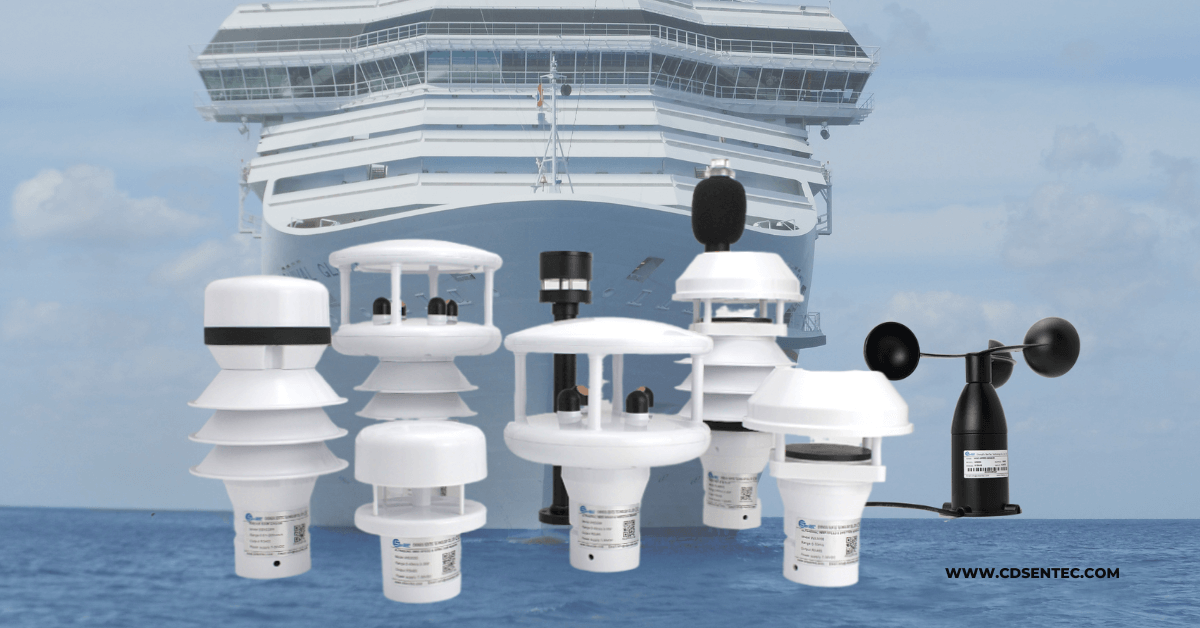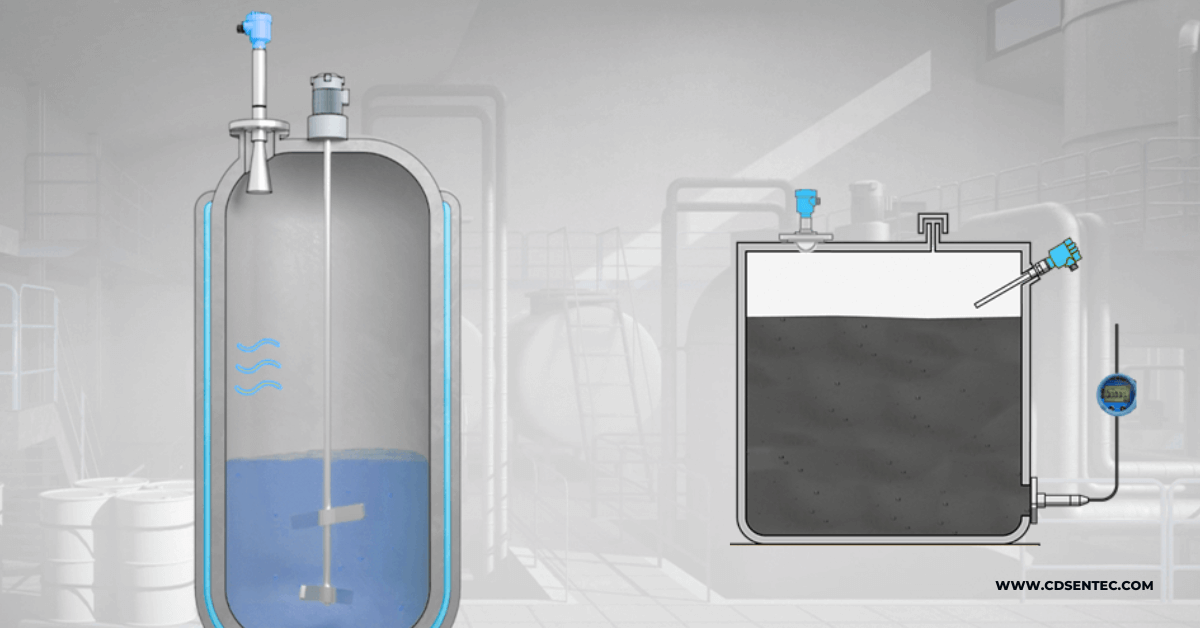In this modern age of technology, the way we interact with the world around us is fundamentally changing. This is no truer than in the realm of agriculture where the traditional methods of farming are being revolutionized by advancements in technology. One such breakthrough is the introduction of agriculture weather stations, which are becoming an integral part of contemporary farming practices.
Agriculture weather stations are sophisticated devices designed to collect data about the weather and environmental conditions. These devices enable farmers to accurately monitor and predict weather patterns, which in turn aids in making informed decisions about planting, irrigation, and harvesting. The information provided by these stations goes far beyond merely predicting if it will rain or shine; they provide data on temperature, humidity, wind speed, and direction, solar radiation, and more.
The beauty of these weather stations lies in their ability to deliver real-time data directly to the farmer. This allows for immediate reaction to changing conditions, effectively minimizing the risk of crop damage due to unforeseen weather events. In a world where weather patterns are becoming increasingly unpredictable, the importance of such technology cannot be overstated.
The Importance of Weather in Farming Practices
Weather plays a pivotal role in the success or failure of a farming operation. It influences every aspect of agriculture, from the type of crops that can be grown to the management of pests and diseases. Unpredictable weather can wreak havoc on a farm, causing crop failure and significant financial loss.
Agriculture is at the mercy of the weather. Too much or too little rain can lead to a poor harvest, while extreme temperatures can stress crops and livestock. Unfavorable weather can also influence pest populations, with warm, wet conditions often leading to an increase in pests and diseases.
This is where an agriculture weather station proves invaluable. By providing accurate, real-time data on weather conditions, these devices enable farmers to adapt their farming practices accordingly. Knowing exactly what the weather is doing, and what it is likely to do, empowers farmers to make proactive decisions that can significantly improve the productivity and profitability of their farms.
What is an Agriculture Weather Station?
An agriculture weather station is a device that measures and records weather-related data. It typically comprises a variety of sensors that collect data on various environmental parameters, including temperature, humidity, wind speed, and direction, rainfall, and solar radiation.
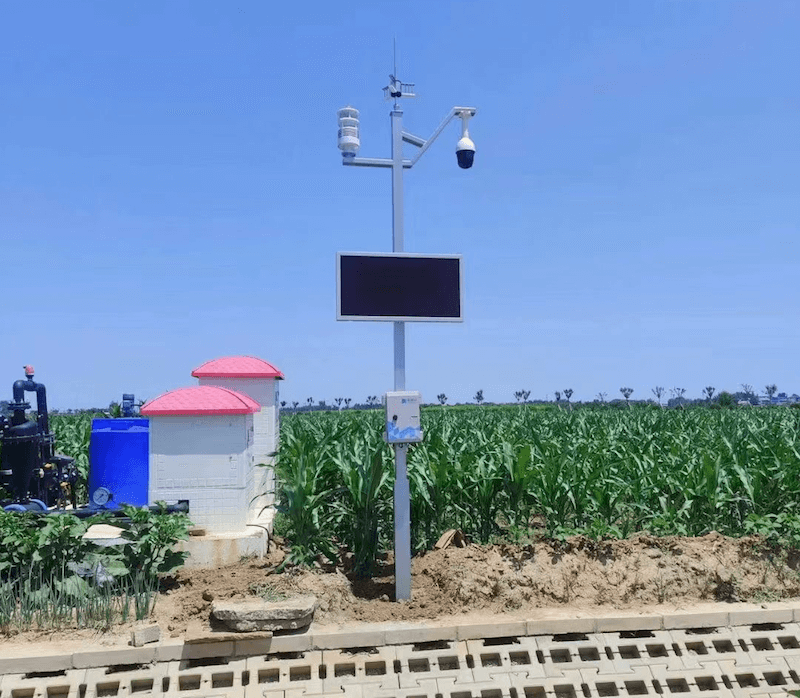
Most agriculture weather stations are equipped with data loggers that record the collected data over a specified period. This data can then be accessed via a computer or smartphone, providing farmers with up-to-the-minute information on weather conditions.
Some stations also feature software that can analyze the collected data, generating forecasts and identifying trends. This information can be used to inform a range of farming decisions, from when to irrigate or apply pesticides to determining the optimal time to harvest.
How Professional Weather Stations are Changing Agriculture
Professional weather stations are taking agriculture to new heights. They offer a level of precision and accuracy that is unrivaled, enabling farmers to optimize their farming practices based on real-time weather data.
One of the key ways these stations are changing agriculture is through precision farming. This is a farming management concept that uses weather data to manage crops and soils more effectively. By analyzing weather data, farmers can determine the optimal time to plant, irrigate, and harvest, thereby maximizing yield and reducing waste.
Professional weather stations are also helping farmers manage risk. By monitoring weather conditions closely, farmers can anticipate adverse weather events and take necessary precautions to protect their crops. This can significantly reduce the risk of crop loss due to weather-related events, such as frost, heatwaves, or heavy rain.
Understanding Automatic Weather Stations for Agriculture
Automatic weather stations for agriculture are an advanced type of weather station that automatically measures and records weather data. They are often equipped with a range of sophisticated sensors that can monitor multiple environmental parameters simultaneously.
These stations offer several advantages over traditional weather stations. They provide more accurate and reliable data, which can be accessed remotely via a computer or smartphone. This means farmers can monitor weather conditions in real-time, without needing to physically visit the station.
Additionally, automatic weather stations can store a large amount of data, allowing for long-term monitoring and trend analysis. This can enable farmers to predict future weather patterns and adapt their farming practices accordingly.
The Role of Field Weather Stations in Farm Management
Field weather stations play a crucial role in farm management. They provide farmers with valuable data that can inform a range of farming decisions, ultimately improving the productivity and profitability of a farm.
In terms of irrigation management, field weather stations can help farmers determine when and how much to irrigate. By monitoring parameters such as rainfall, temperature, and humidity, these stations can provide insights into soil moisture levels, enabling farmers to irrigate more effectively.
Field weather stations can also aid in pest and disease management. Certain pests and diseases thrive in specific weather conditions, so by monitoring the weather, farmers can anticipate and manage these threats more effectively.
Top Weather Station Manufacturers for Agriculture
There are several top weather station manufacturers that specialize in devices for agriculture. These manufacturers offer a range of high-quality products that can meet the diverse needs of farmers.
Davis Instruments is a leading manufacturer of weather stations, offering a range of devices that are known for their reliability and accuracy. Their Vantage Pro2 and Vantage Vue stations are particularly popular among farmers.
Another notable manufacturer is RainWise, which offers a range of weather stations tailored to the needs of farmers. Their stations are designed to withstand harsh weather conditions and offer a high level of accuracy.
Other top manufacturers include Ambient Weather, Acurite, and Kestrel, all of which offer high-quality weather stations for agriculture.
Choosing the Right Farm Weather Station
Choosing the right farm weather station is crucial to successful farming. There are several factors to consider when selecting a weather station.
Firstly, consider the type of data you need. Different stations measure different parameters, so choose a station that collects the data most relevant to your farming operation.
Next, consider the accuracy and reliability of the station. It’s crucial to choose a station that provides accurate and reliable data, as this will directly influence your farming decisions.
Lastly, consider the cost and ease of installation. Some stations are more expensive than others, so choose a station that fits within your budget. Additionally, some stations can be complex to install, so consider whether you have the necessary skills and resources to install the station yourself.
Benefits of Using an Agricultural Weather Station
There are numerous benefits to using an agricultural weather station. These devices can significantly improve the productivity and profitability of a farm.
Firstly, they can aid in decision-making. By providing accurate, real-time data on weather conditions, these stations can inform a range of farming decisions, from when to irrigate to when to harvest.
Secondly, they can improve resource efficiency. By optimizing irrigation schedules based on weather data, for example, farmers can reduce water usage and save costs.
Lastly, they can help manage risk. By anticipating adverse weather events, farmers can take necessary precautions to protect their crops, thereby reducing the risk of crop loss.
Conclusion: The Future of Farming with Weather Stations
In conclusion, agriculture weather stations are revolutionizing farming practices. These devices are becoming an integral part of modern agriculture, providing farmers with accurate, real-time data on weather conditions.
The future of farming with weather stations looks promising. As technology continues to advance, these devices are likely to become even more sophisticated and powerful, offering even greater benefits to farmers.
Indeed, the advent of agriculture weather stations marks a new era in farming, one that embraces technology and innovation to improve productivity, profitability, and sustainability. And this is only the beginning. As weather stations continue to evolve, so too will the face of agriculture. The future of farming is here, and it’s looking brighter than ever.

